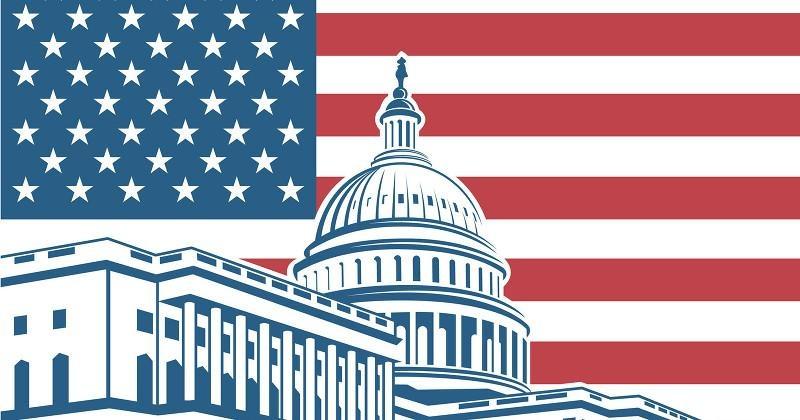
If redistricting hadn’t complicated the midterm elections enough, a Supreme Court decision on one of the country’s most polarizing issues has the potential to supercharge the fight for the House and Senate.
Last month, the Supreme Court announced it would hear a challenge to a new Mississippi law — Dobbs v. Jackson Women’s Health Organization — that would ban abortion, with limited exceptions, after 15 weeks. The case is widely viewed as having the potential to reverse the landmark 1973 Roe v. Wade decision.
Democrats immediately cried foul, and Republicans were optimistic given the current complexion of the Supreme Court. But it’s best to suspend judgment on the ultimate impact in 2022, considering voters’ opinions on abortion have been more nuanced, historically, than the two parties are willing to admit.
It Depends on What You’re Asking
“The Supreme Court’s decision to hear this case is an opportunity for anti-choice extremists to undermine decades of legal precedent and overturn Roe v. Wade, putting 25 million people at risk for losing abortion access,” said Emily Cain, the executive director of EMILY’s List, which works to elect Democratic women who support abortion rights.
“States should be allowed to craft laws that are in line with both public opinion on this issue as well as basic human compassion, instead of the extreme policy that Roe imposed,” said Jeanne Mancini, the president of March for Life, an annual gathering of anti-abortion activists held each January in Washington.
As with most hot topics, public opinion depends on how the issue is framed, which has ramifications for the political impact.
In the context of Roe v. Wade, public opinion is on Democrats’ side. Sixty-four percent of adults do not want...

